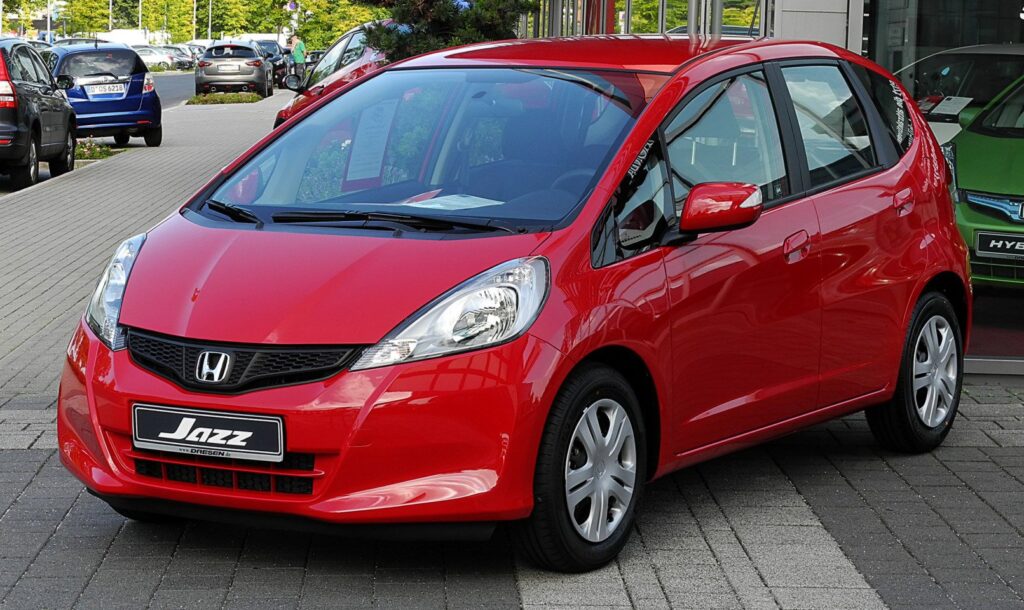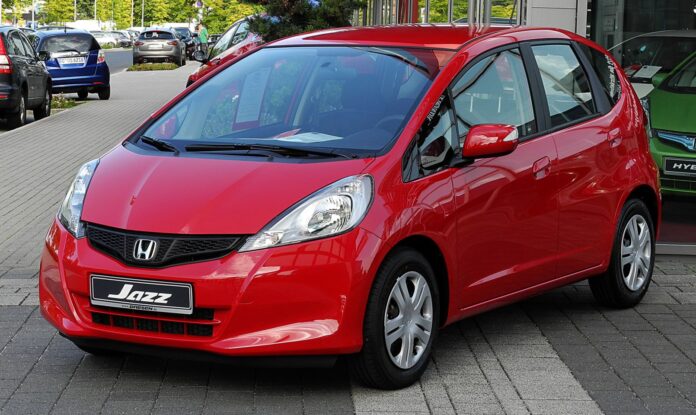 The Honda Fit, also known as the Honda Jazz in Europe and other parts of the world, is a versatile and reliable subcompact hatchback known for its fuel efficiency, spacious interior, and nimble handling. However, like any vehicle, the Fit requires regular maintenance and occasional repairs to ensure optimal performance and longevity. This guide will provide a comprehensive overview of common repairs and servicing needs for the Honda Fit, including tips for troubleshooting and cost estimates.
The Honda Fit, also known as the Honda Jazz in Europe and other parts of the world, is a versatile and reliable subcompact hatchback known for its fuel efficiency, spacious interior, and nimble handling. However, like any vehicle, the Fit requires regular maintenance and occasional repairs to ensure optimal performance and longevity. This guide will provide a comprehensive overview of common repairs and servicing needs for the Honda Fit, including tips for troubleshooting and cost estimates.
Routine Maintenance
Regular maintenance is crucial for keeping your Honda Fit in top condition. Follow the recommended service intervals outlined in your owner’s manual, which typically include:
- Oil changes: Every 5,000-7,500 miles or as indicated by the oil life indicator
- Tire rotations: Every 6,000-8,000 miles to promote even wear and extend tire life
- Air filter replacement: Every 12,000-15,000 miles to ensure optimal engine performance
- Brake inspections: Every 12,000 miles or as needed to check pads, rotors, and fluid levels
- Battery testing: Every 2-3 years to prevent unexpected failures
Common Repairs
While the Honda Fit is generally reliable, certain repairs may become necessary over time. Some of the most common repairs include:
- Transmission issues: Transmission problems, such as slipping gears or difficulty shifting, can occur with higher-mileage vehicles.
- Engine repairs: Major engine repairs, such as head gasket or timing chain replacements, may be required with extensive use or neglect.
- Suspension issues: Worn or damaged shocks, struts, or ball joints can affect handling and ride comfort.
- Electrical problems: Electrical issues, such as battery drain or malfunctioning sensors, can cause a range of symptoms.
- Braking system repairs: Brake repairs, including pad replacements, rotor resurfacing, or caliper overhauls, are often necessary for safety.
Troubleshooting and Diagnostics
When experiencing any issues with your Honda Fit, it’s important to troubleshoot the problem accurately before attempting repairs. Some common troubleshooting tips include:
- Check engine light: Use an OBD-II scanner to retrieve error codes and identify potential issues.
- Inspect fluids: Check all fluid levels regularly, including oil, coolant, brake fluid, and transmission fluid.
- Listen for noises: Pay attention to any unusual noises coming from the engine, transmission, or suspension.
- Observe symptoms: Note any changes in performance, handling, or warning lights to help identify the source of the problem.
Cost Estimates for Repairs
The cost of repairs for the Honda Fit 1 can vary depending on the severity of the issue and the location of the repair. Here are some estimated costs for common repairs:
- Transmission rebuild: $2,000-$5,000
- Engine head gasket replacement: $1,500-$3,000
- Suspension strut replacement: $500-$1,000 per strut
- Battery replacement: $150-$300
- Brake pad replacement: $200-$400
DIY vs. Professional Repairs
Some simple repairs, such as replacing air filters or brake pads, can be performed at home with basic tools and knowledge. However, for more complex repairs, it’s recommended to seek professional assistance from a qualified mechanic. A reputable mechanic can accurately diagnose the issue, provide accurate estimates, and ensure proper repairs using genuine parts.
Conclusion
Maintaining and repairing the Honda Fit is essential for ensuring its reliability and longevity. By following regular maintenance schedules, troubleshooting issues accurately, and entrusting major repairs to experienced mechanics, you can keep your Honda Fit performing optimally for years to come. Remember that costs for repairs can vary, so it’s always wise to get multiple estimates before making a decision. By staying proactive with maintenance and addressing repairs promptly, you can enjoy the numerous benefits of owning a Honda Fit for many miles to come.








